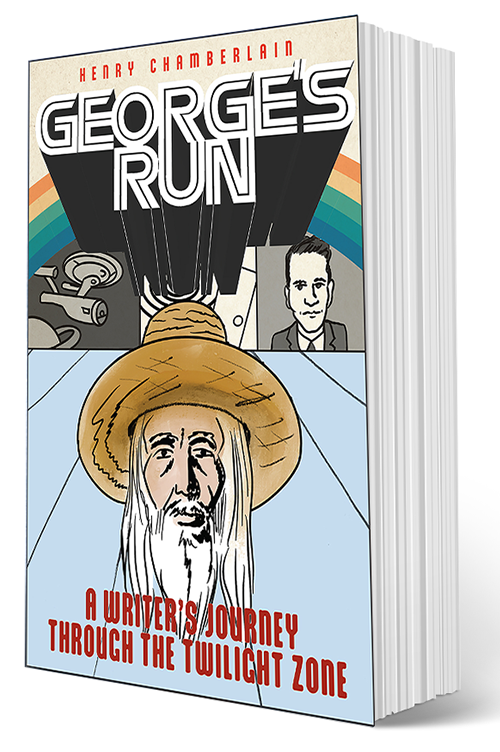Here at Comics Grinder, I write about all kinds of comics. So, let’s talk comics. There are a wide variety of genres, subjects, and styles. Arguably, there are two broad categories: alternative and superhero. There are those who don’t want to deal with the “alternative” term but it is useful in many ways including as a jumping off point.
Now, the term “alternative” is meant in a positive way. Yes, it is essentially suggesting that it is an “alternative” to superhero comics but superhero comics publishers and creators don’t generally take that as a slight. No one need take it that way although there will always be some out there who will, be they critics, so-called experts, or some other form of malcontent. Let’s say that we want to work with the term and use it as a guide.
Think of “alternative” comics as the evolution of “underground” comics. These are comics that, in general, are out of the “mainstream.” And what is the “mainstream,” really? Well, it’s what is out there that the general public consumes in relatively mass quantities. This comes from your “Big Two” publishers, Marvel Comics and DC Comics. You’ve got Spider-Man, X-Men, Superman, Batman, all your big league superhero characters. And this market, mind you, is really small compared to other markets, like the “young adult” novel market.
While you can find work of exceptional quality in any market, you will find a high concentration of literary, artful, and experimental work in the alternative category. It would seem like it only attracts a select audience but that is debatable. Given the opportunity to be known to a larger audience, alternative comics can, and do, appeal to more readers. It takes time. It’s sort of like when you followed your favorite indie band to stardom and being signed by a major label. And, of course, not all indie creators care to follow that career path.
The idea of alternative comics is what it is. Even if an indie cartoonist rises to a certain level of notoriety, that doesn’t mean that his or her sensibility has changed. And there will always be artists who start small and maybe need to stay small. The further along you explore the topic of alternative comics, the more you come to find that there are an endless number of possible options and detours for those who take what amounts to an offbeat path in comics, as opposed to a more buttoned-down professional path.
Alternative comics, no doubt, encompass an enormous number and variety of works. It not only holds its own with the superhero category but surpasses it when you consider the whole spectrum. One fine example that I’ll leave you with is “Berlin” by Jason Lutes. It is not well known by the general public but that does not diminish its quality in the least. It will stand the test of time with its dazzling interconnections of text and image. Set in the waning years of Germany’s Weimar Republic, and the rise of Nazi Germany, journalist Kurt Severing and artist Marthe Müller are caught amid the merciless hands of fate. It’s one of those graphic novels you will hear about more and more as the whole world of comics continues to evolve before our very eyes. Published by Drawn & Quarterly, you can check it out now right here and say you knew about it way back when.
And what makes things even more complicated, and interesting, is the potential to mix the two worlds of the bohemian and the professional. Maybe the rebellious nonconformist artist discovers a need for an assistant, even a publicist! Nothing wrong with that. In the end, it all comes down to the work. Did the work suffer a loss of integrity as the result of going from a small publisher to a much bigger, corporate, publisher? If all goes to plan, the work, and the reader, will stand to gain.
That’s all I’ll say here for now. I just wanted to give you a sense of where I’m coming from. There is a lot of work out there with an “alternative” vision. Oh, and here’s where it can get complicated again, there will always be a fair amount of work that only looks “alternative,” posing as indie, attempting to have that “street cred.” As I say, the idea of alternative comics is what it is. If you’re literate and smart, you can sniff it out. The quality work will stand the test of time. And that brings me to another post on the navigation bar, something I just thought I’d tackle, a definition of superhero comics and a little ode to Batman.











Id love to do that i live in minnesota tho
You’ll be here in spirit. Maybe you should do a 24HCD in Minnesota.
Pingback: Interview: Bill Kartalopoulos and THE BEST AMERICAN COMICS 2014 |
Then I’ll say people need the alternatives now, more than ever. 🙂 >-I
How true! That is my main focus here, comics that are an alternative to the mainstream. Some of the best and most interesting comics are the least marketable and yet most essential! And, in time, these same offbeat comics keep finding new readers.